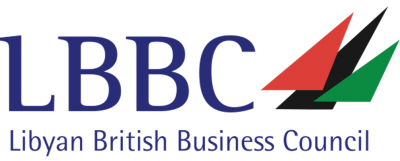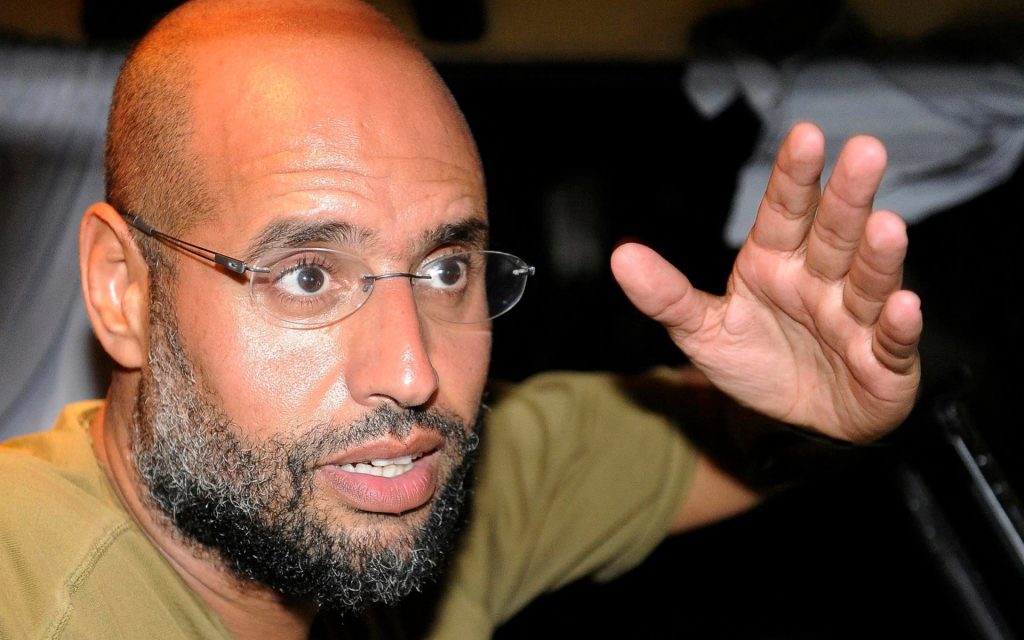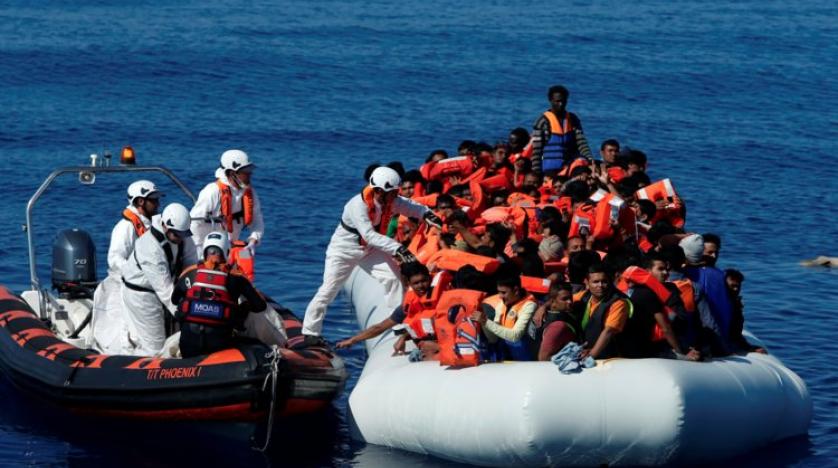 The UN Libya Experts Panel.
The UN Libya Experts Panel.
London, 8 March 2018:
In the summary to the UN Libya Experts Panel (the Panel) report which covers the period up to 15 December, the panel says that ‘‘A political solution in Libya remains out of reach in the near future, despite UNSMIL’s efforts to overcome the current stalemate. Military dynamics in Libya and conflicting regional agendas show a lack of commitment to a peaceful solution.
Libya’s and regional stability are increasingly linked, notably due to the growing involvement of foreign armed groups from Sudan and Chad. This was obvious when the Sudan Liberation Army/Minni Minawi launched an attack in Darfur in May 2017, before returning to Libya.
Expanded territorial presence of foreign armed groups, and their recent involvement in clashes near Tripoli, also show their role in Libya’s security landscape.
Despite their defeat in Sirte, ISIL cells continue to operate in central and southern Libya. Previous connections between ISIL elements and armed groups in Sabratha and other western localities involved in smuggling are of concern.
Diversion of public funds, the lack of governance and inability to address Libya’s economy are spurring popular discontent and distrust towards Libya’s political elites. Starting in 2014, Libyan armed groups, benefiting from political sponsorship, have participated in the widespread diversion of State funds, notably through fuel smuggling and letters of credit.
The situation of human rights in Libya continues to deteriorate. Armed groups, including those affiliated with the GNA and the LNA, are involved in arbitrary detentions, kidnappings and other severe violations of human rights and international humanitarian law.
Human trafficking is on the rise in Libya, resulting in major human rights violations. The west coast and the south are the main smuggling hubs from which Libyan and non-Libyan armed groups derive significant revenues. The Panel is concerned over the possible use of State facilities and State funds by armed groups and traffickers to enhance their control of migration routes. International involvement in the migration issue has exacerbated competition between the armed groups.
Arms and related materiel both from former regime stockpiles and transfers conducted after 2011 continue to fall into the hands of Libyan and foreign armed groups. The diversion of arms feeds into the increasing insecurity and constitutes a continued threat to peace and security in Libya and neighbouring countries.
Foreign fighters and armed groups, moving in and out of Libya, exploit the uncontrolled proliferation of arms and related material in Libya resulting in regular violations of the arms embargo.
Since 2011, criminal networks have taken advantage of the Libyan authorities’ lack of capacity to enforce import controls to illicitly transfer arms and related material to Libya.
The Panel notes with concern the support by Member States of armed groups through airstrikes and the provision of sophisticated materiel. In some instances, such materiel was retransferred to neighbouring countries by armed groups that are active in Libya, who were recruited against payments from competing Libyan factions.
Since the beginning of the Panel’s current mandate in August 2017, Libyan authorities have not notified the Committee of any illicit export of crude oil. Illicit exports of refined petroleum products, both by land and sea, continue to be a prosperous activity. The Panel has identified networks operating along the western coast and their modi operandi.
Unity of State institutions is far from being achieved. The attempts to unify the National Oil Corporation have stalled. Changes in the Libyan Investment Authority are also mired in controversy.
The Panel is concerned about the opacity surrounding the assets of the Libyan Investment Authority. A clear idea of the location and amount of these assets is a prerequisite for any further action on their management under the sanctions regime’’, the summary of the Panel report concluded.
Source: Libya herald



0 Comments